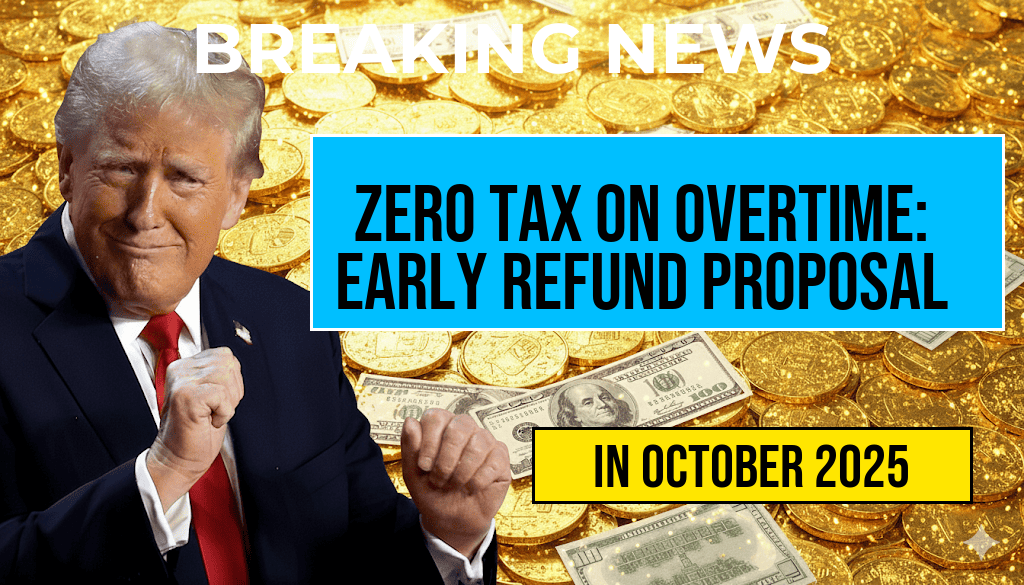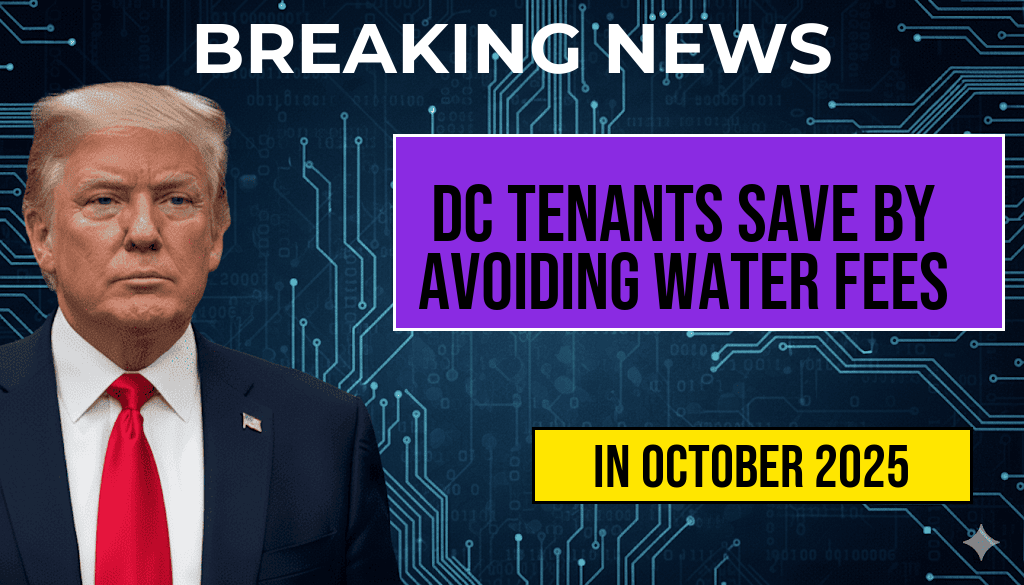In a bold move that could reshape the landscape of labor compensation, a new proposal has emerged advocating for a zero tax on overtime and tips. This initiative, aimed at providing financial relief to workers, comes at a time when many are grappling with rising living costs. If passed, the proposal would allow employees to retain every dollar earned from overtime and gratuities, potentially increasing their take-home pay significantly. Proponents argue that this could stimulate economic growth by providing workers with more disposable income, while opponents raise concerns about the implications for state and federal revenues. As discussions unfold, many are left wondering: who stands to gain from such a policy shift?
Understanding the Proposal
The proposal for zero tax on overtime and tips is gaining traction among various stakeholders, including labor unions and advocacy groups. Under current tax laws, overtime pay is subject to the same tax rates as regular wages, which can significantly decrease the additional earnings workers receive for their extra hours. This new initiative seeks to eliminate that tax burden entirely.
Potential Benefits for Workers
Workers who often rely on overtime as a significant component of their income stand to benefit the most from this proposal. Here are some potential advantages:
- Increased Take-Home Pay: By removing taxes on overtime, workers could see a direct increase in their paychecks, allowing for greater financial flexibility.
- Encouragement of Extra Hours: Employees may be more willing to take on additional hours, knowing that they will retain all of the earnings from overtime.
- Support for Low-Income Workers: Many low-income workers, particularly in industries like hospitality and retail, often rely on tips and overtime. A tax exemption could provide much-needed relief.
Who Could Be Affected?
The ramifications of this proposal extend beyond individual workers. Various sectors could experience significant changes if the zero tax policy is implemented. The following groups may see varying degrees of impact:
| Group | Impact |
|---|---|
| Hourly Workers | Directly benefit from tax-free overtime and tips. |
| Employers | May need to adjust payroll systems but could benefit from increased employee motivation. |
| Government | Potential loss of tax revenue; may need to find alternative funding sources. |
Economic Implications
Economists are divided on the broader implications of this tax exemption. Proponents suggest that by increasing disposable income, consumer spending will rise, thereby stimulating economic growth. They argue that this could lead to more job creation and an overall boost in the economy.
However, critics caution that eliminating taxes on overtime and tips could result in significant revenue losses for state and federal governments. This could lead to budget shortfalls, potentially impacting public services and infrastructure projects. The long-term effects on tax revenue remain a point of contention in the ongoing debate.
Public Sentiment
Public opinion on the zero tax proposal appears to be mixed. Many workers express enthusiasm, viewing the policy as a much-needed support mechanism. A recent survey indicated that over 60% of respondents favor the initiative, particularly among those working in low-wage sectors.
Conversely, some taxpayers worry about the implications for government funding and the potential for increased taxes elsewhere to compensate for the lost revenue. Advocacy groups are calling for a balanced approach that considers both worker benefits and fiscal responsibility.
Next Steps
As the proposal gains momentum, lawmakers are beginning to hold discussions on its feasibility. Stakeholders from various sectors will likely be called upon to provide input, and public hearings may be scheduled to gauge broader community sentiment.
With the potential for significant changes in the labor market, workers, employers, and government officials alike will need to stay informed. The outcome of this proposal could set a precedent for future labor policies across the nation.
For more detailed insights into labor compensation and tax policies, consider visiting Forbes or Wikipedia.
Frequently Asked Questions
What is the proposed zero tax on overtime and tips?
The proposed zero tax on overtime and tips means that employees who earn additional income through these sources would not have to pay taxes on that income, allowing them to keep more of their earnings.
Who stands to benefit from the zero tax proposal?
The primary beneficiaries of the zero tax proposal are workers who regularly earn overtime pay and those who rely on tips as a significant part of their income, particularly in service industries.
How will the early refund aspect work?
The early refund mechanism allows eligible workers to receive a refund on taxes that would have been owed on their overtime and tips earnings, potentially providing immediate financial relief.
What impact could this proposal have on the economy?
By eliminating taxes on overtime and tips, the proposal could stimulate consumer spending, as workers will have more disposable income, which may lead to positive economic growth.
Are there any concerns associated with the zero tax on overtime?
Some concerns include potential loss of revenue for local and federal governments, which could impact public services, as well as the possibility of misclassification of workers to take advantage of the tax benefits.













